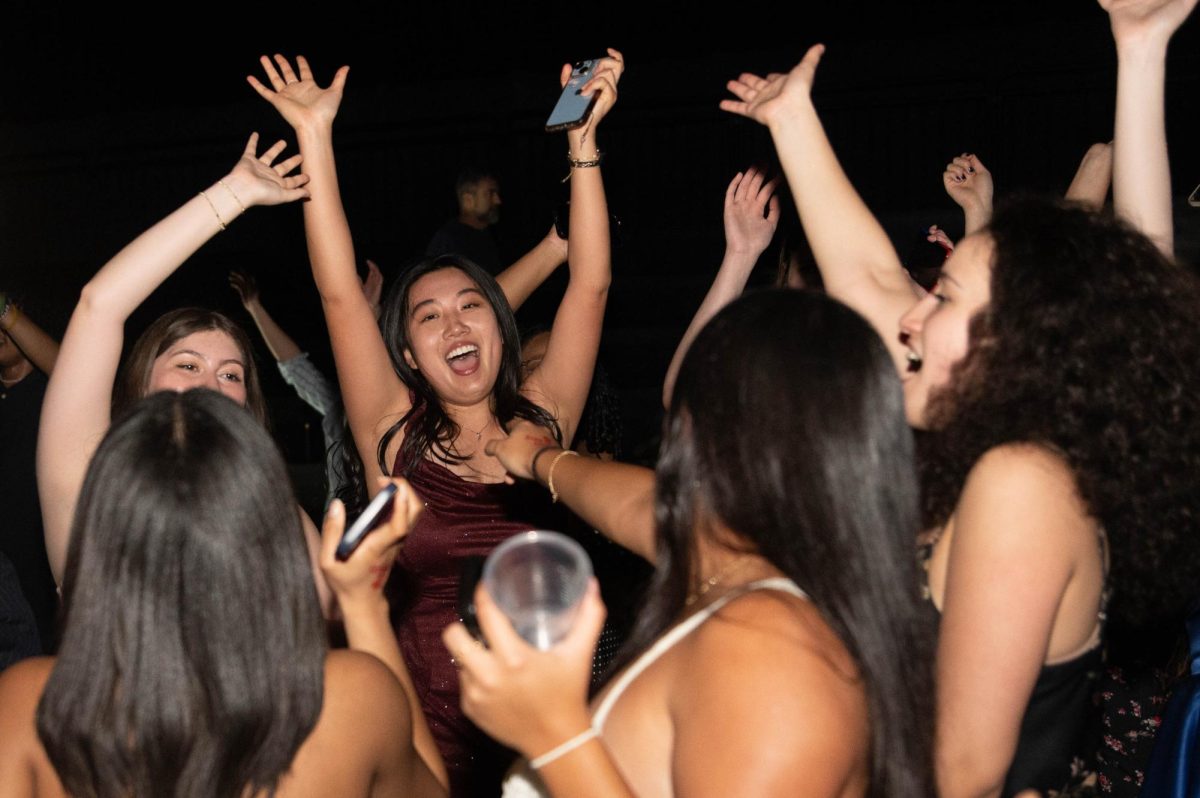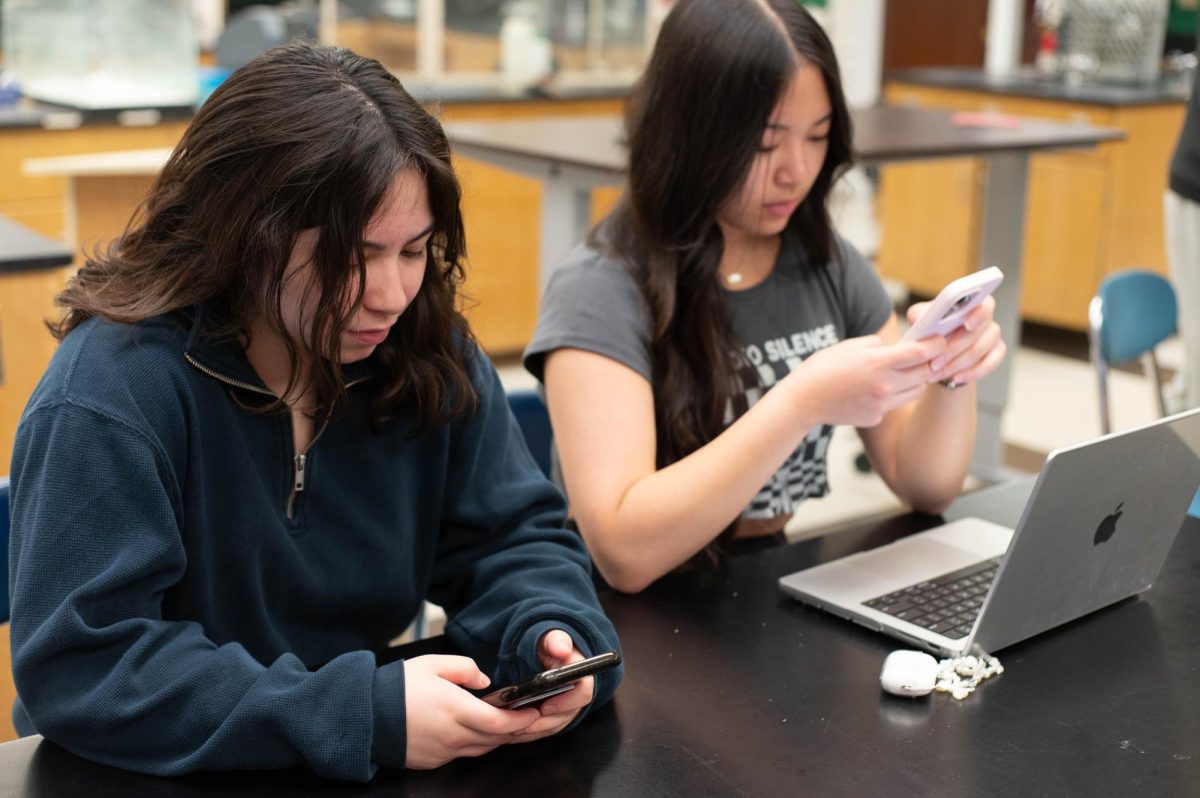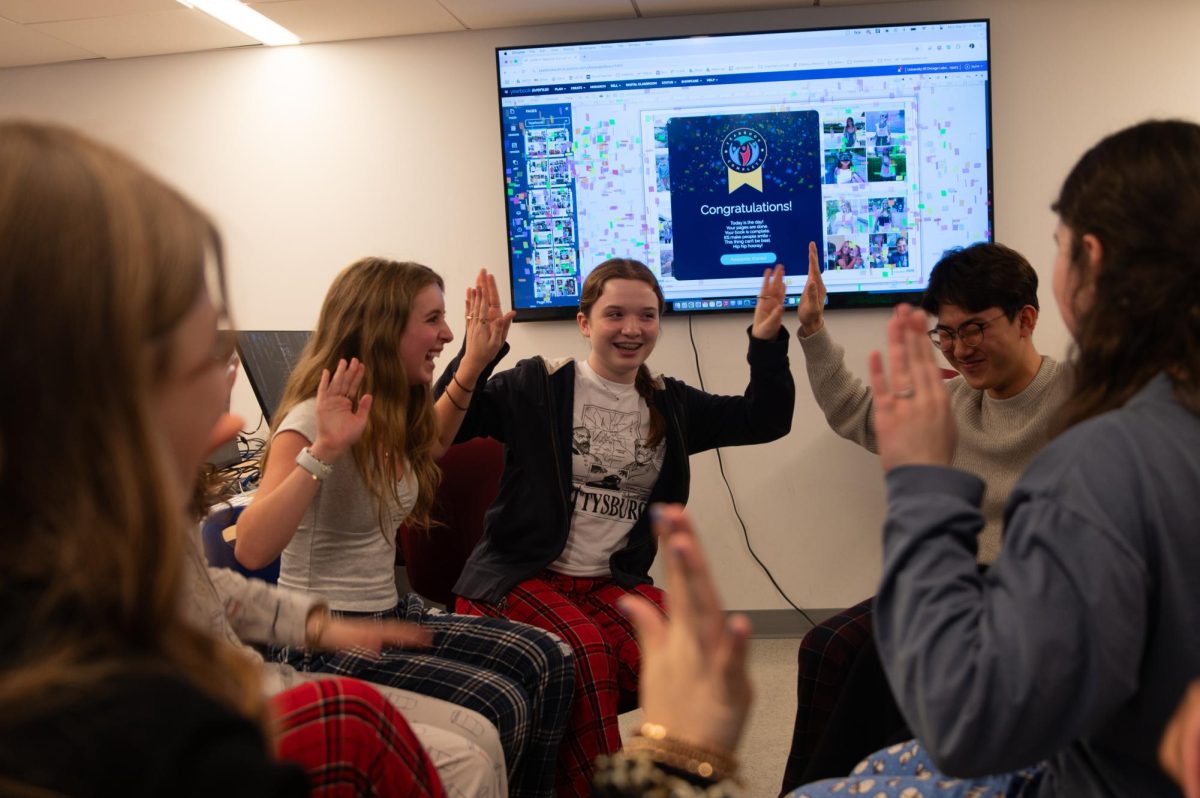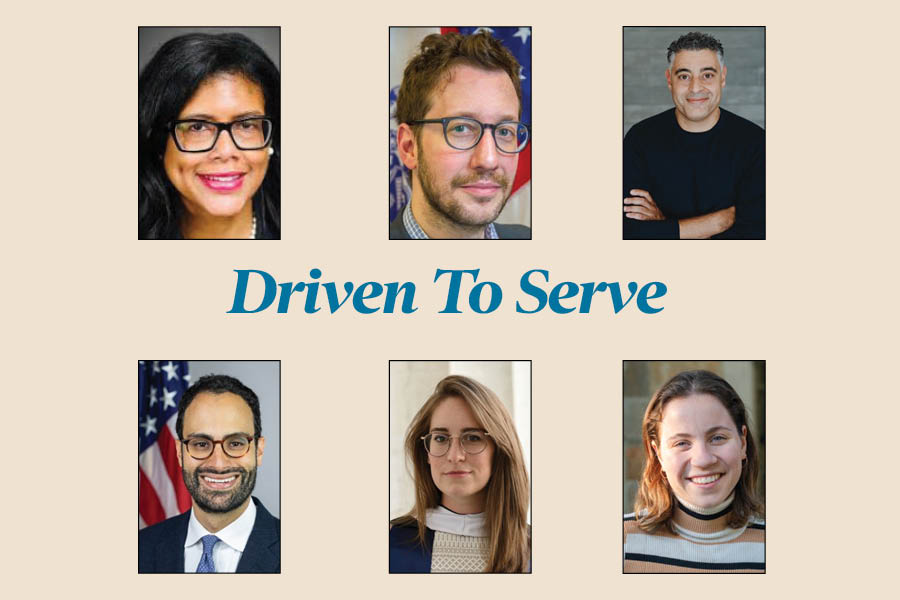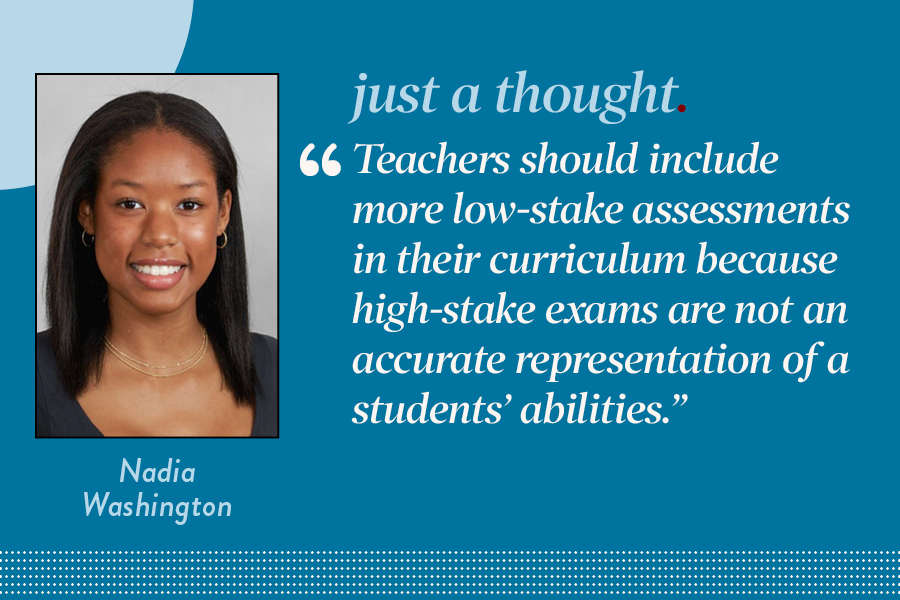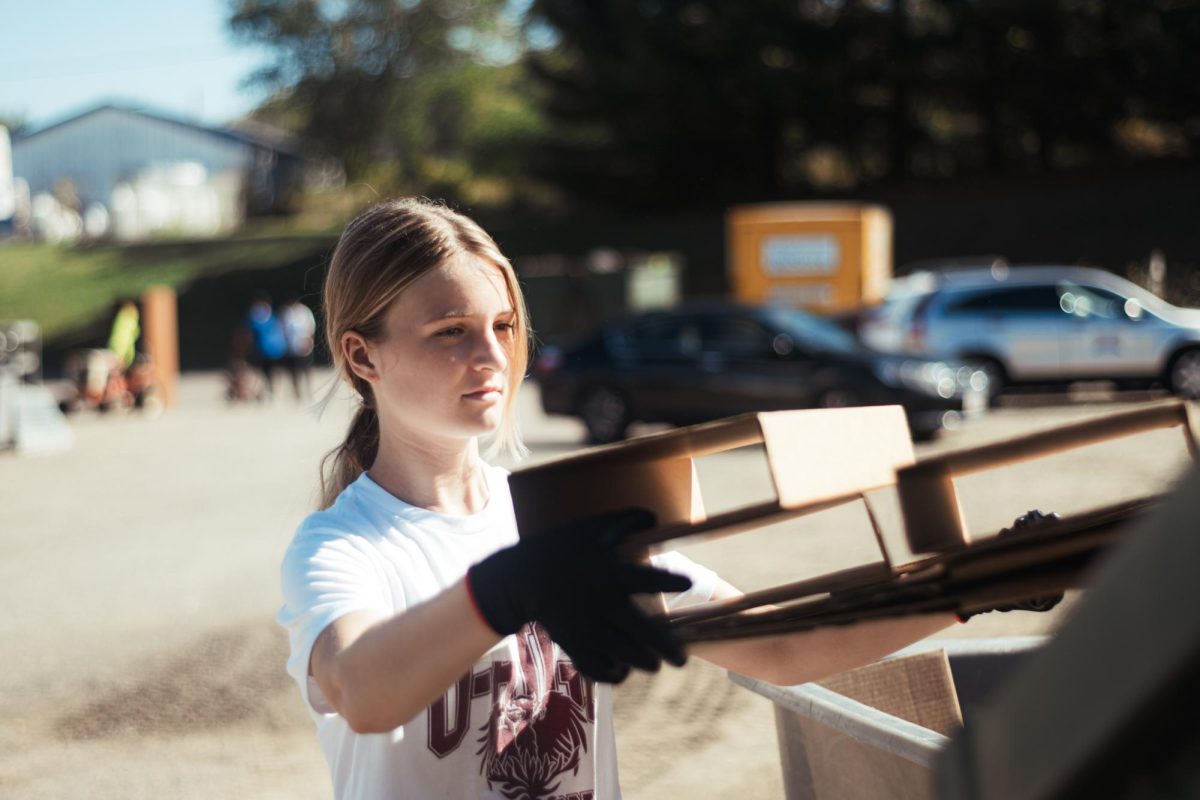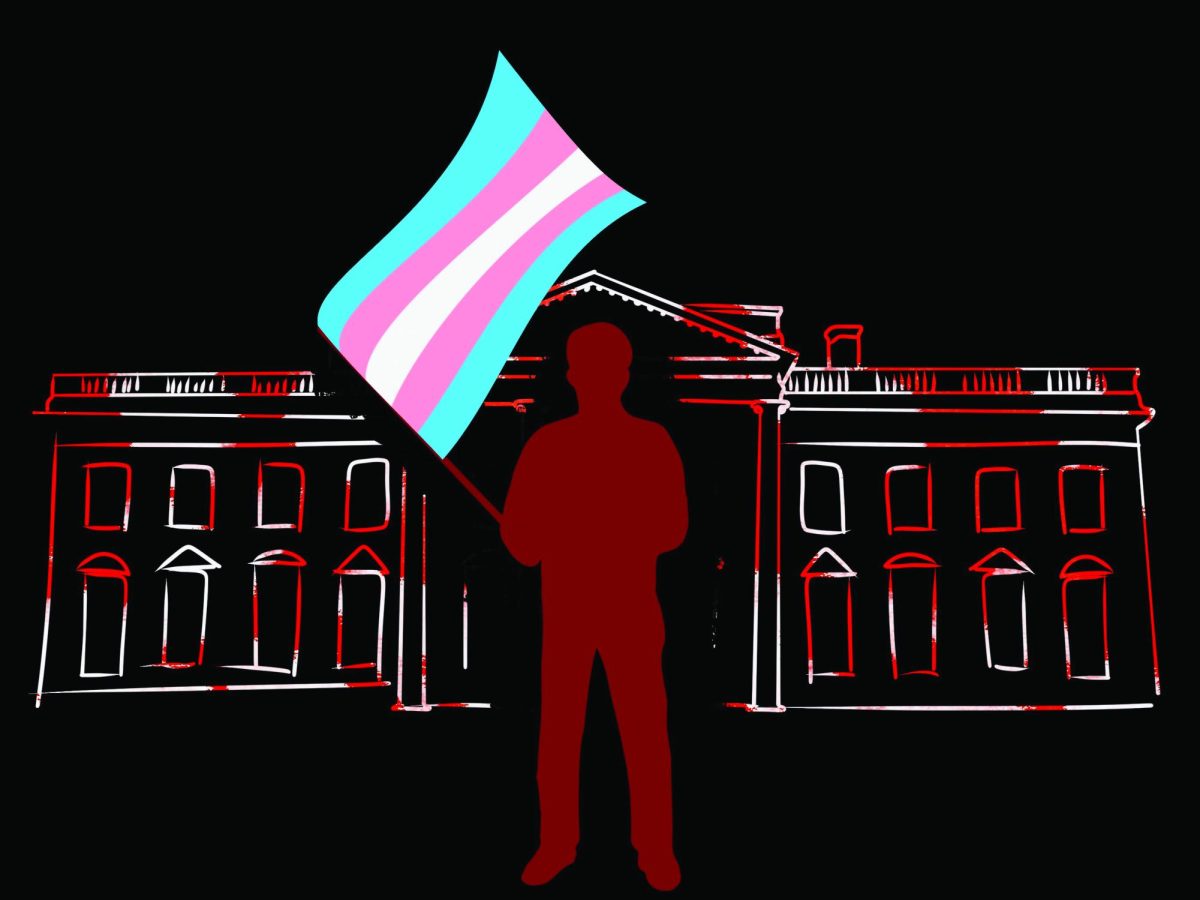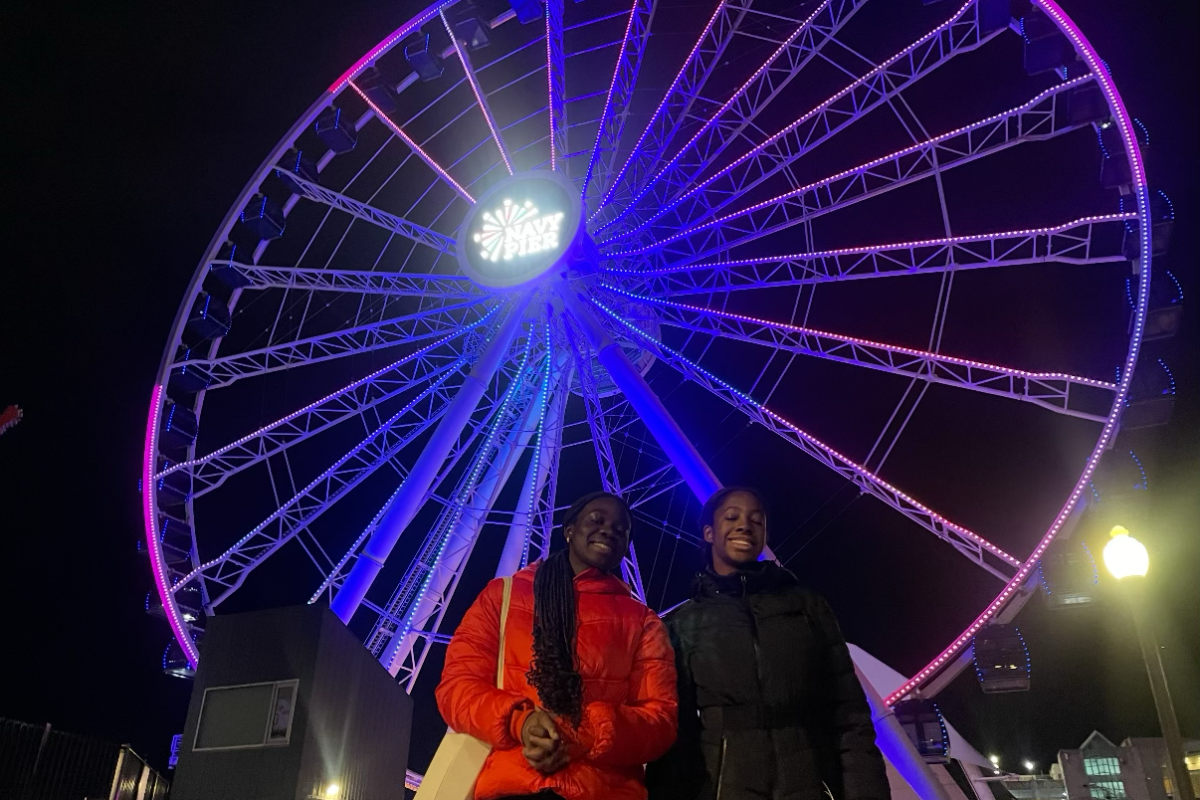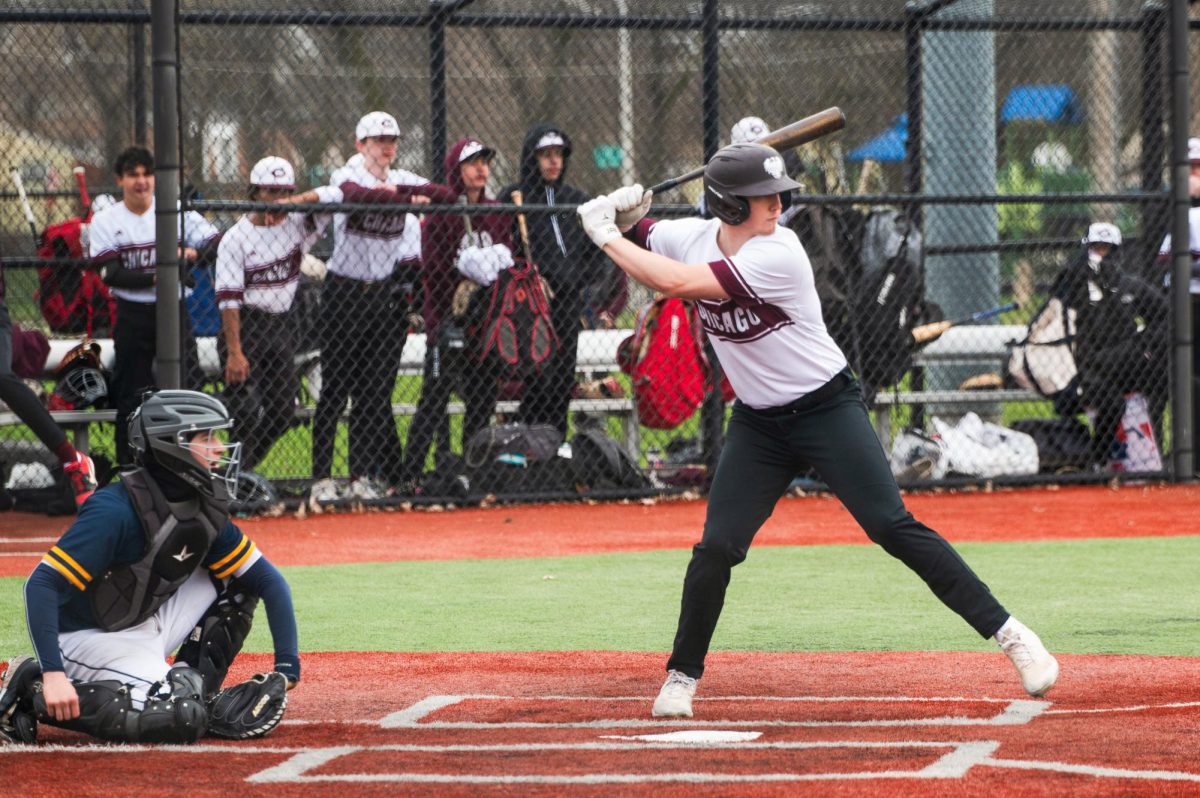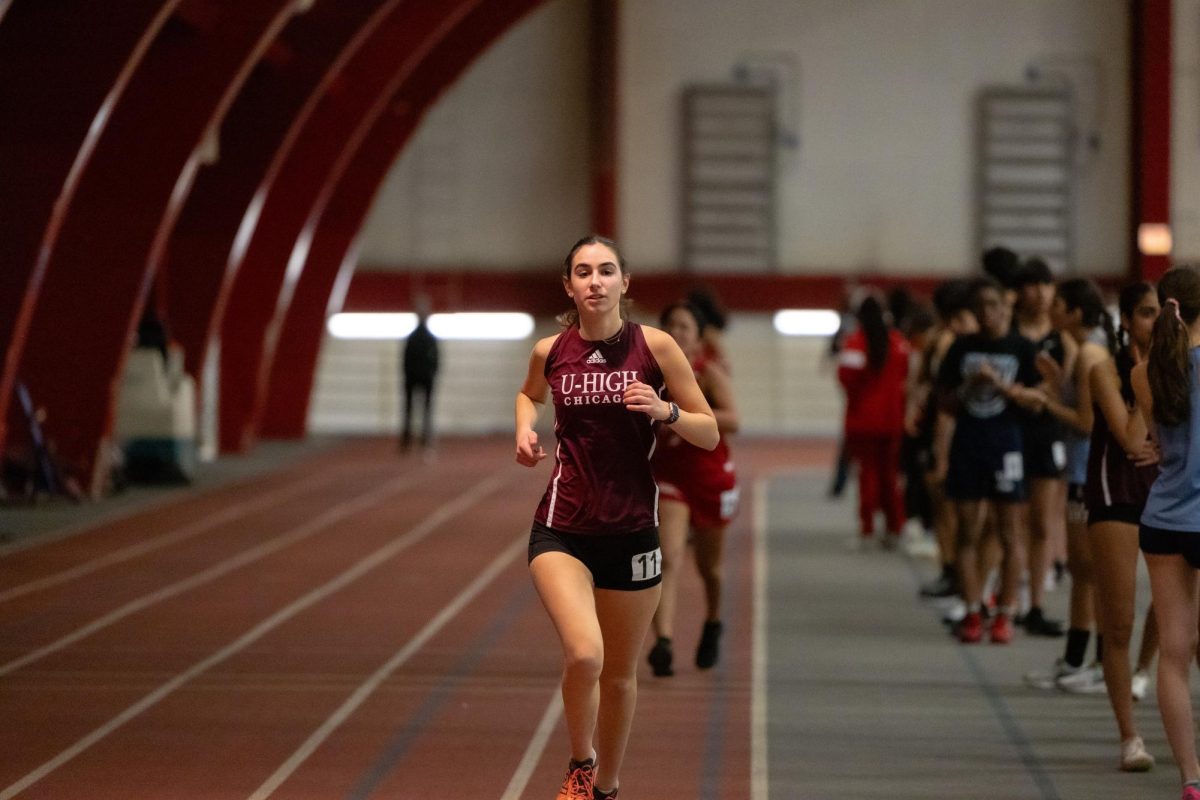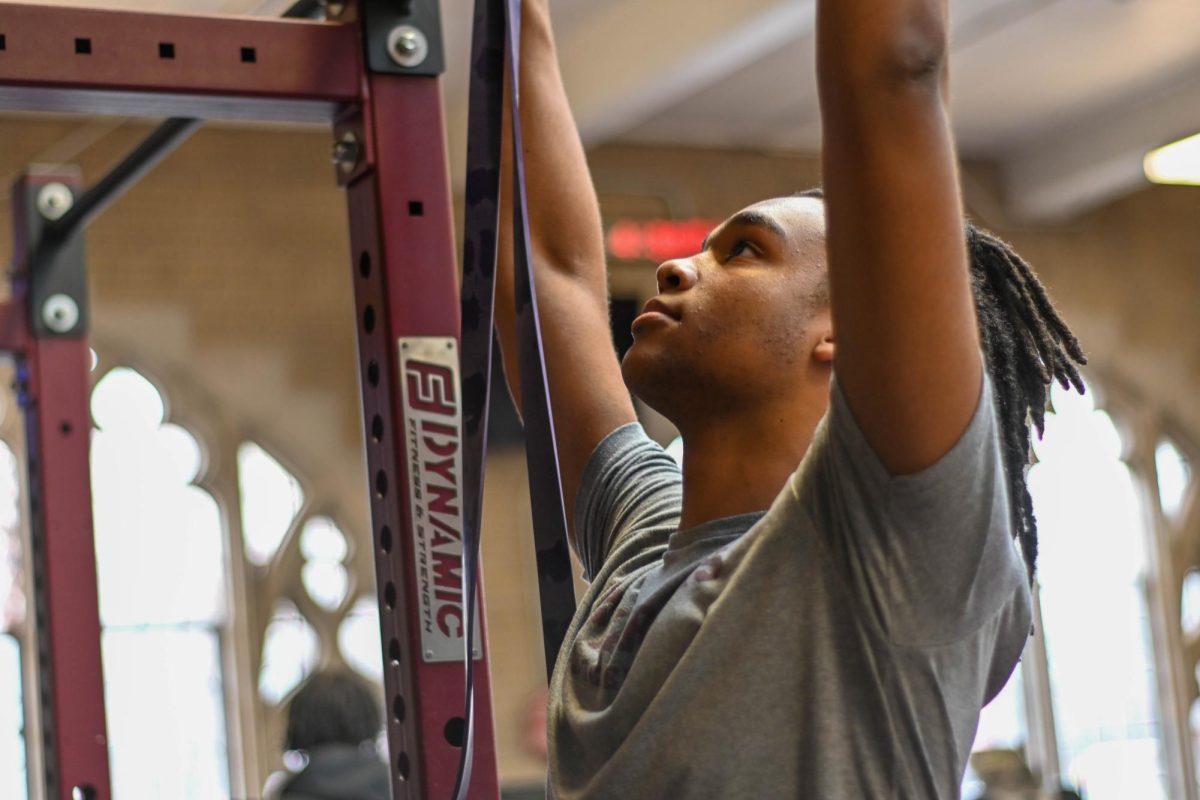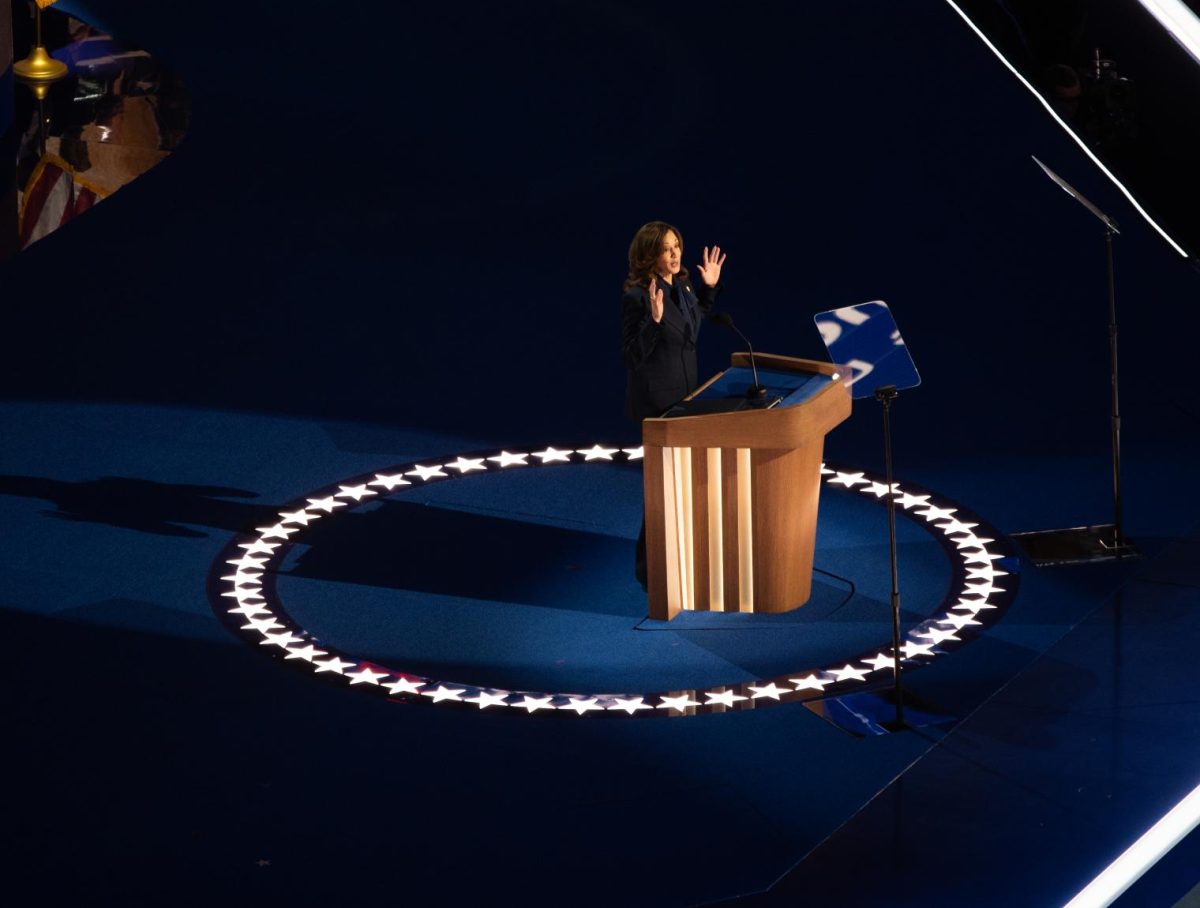After watching 2016 Democratic presidential nominee Hillary Clinton’s concession speech on TV, then-middle-schooler Grace Garrett locked herself in the back room of her grandparents’ house, and cried.
Ms. Garrett, who grew up in Republican-leaning, rural Kansas, was ridiculed for supporting Ms. Clinton. At school, her classmates wrote slogans targeted at Clinton like “Lock Her Up” and “But Her Emails” on the classroom boards. Years later, Ms. Garrett attended the 2024 Democratic National Convention in Chicago as a relative of a delegate. Now president of her local Young Democrats group, she said the Harris campaign re-energizes her.
“I remember watching Hillary Clinton talk about the ‘glass ceiling,’ and I cried and cried,” Ms. Garrett said, referring to a metaphor used by Clinton to describe political barriers for women and minorities. “But it feels to me that Hillary has put cracks in that ‘glass ceiling,’ and now it’s time for Kamala to blast through it.”
As the first woman of color — and only the second woman and second person of color — to be nominated for president by a major party, Vice President Kamala Harris excited Democrats, including those at the 2024 DNC, on personal levels with her historic bid in this election.
“Being able to cast my vote for a woman presidency is one of the best feelings I could ever have,” Ms. Garrett said. “History is filled with men as commanders-in-chief, but once we have a woman as president, it’s like ‘What else can’t women do?’”
Attending the DNC as a communications specialist for the Chicago Principals & Administrators Association, Tiffany Chaplin said Harris gives her hope.
“As a Black woman, it means that there will hopefully be someone with similar sensibilities,” Ms. Chaplin said, “who wants to see women’s rights elevated, and who wants to see people who have been historically excluded at the table.”
Chittesh Saravanan, attending the DNC as a volunteer for U.S. Rep. Raja Krishnamoorthi of Illinois, said Kamala Harris’ nomination is necessary for racial progress. As someone of South Indian descent who grew up in a majority-white Illinois suburb, he feels Ms. Harris represents and empowers him.
“To see someone like her say ‘It’s OK to not always try to fit in’ and ‘It’s OK to be the person who is adding diversity to your town, school or community,’ means a lot,” Mr. Saravanan said. “When I see someone like her be successful without whitewashing herself, I think that shows me that I can talk about my heritage without feeling ashamed of it. I don’t have to fit in. I can be myself.”
U-High senior Kaavya Peddinti said while people do tend to vote for people that look like them or represent them, she believes people should do their research on candidates aside from just social identifiers.
“I think that America having a first woman of color presidential nominee is important for the younger generations to see someone like them making a difference in the world,” Kaavya said. “But I also think it’s important to not put such a heavy emphasis on why this is so important or so different because it should just be considered normal, in order to avoid differentiating people in a country that is meant to be united.”



